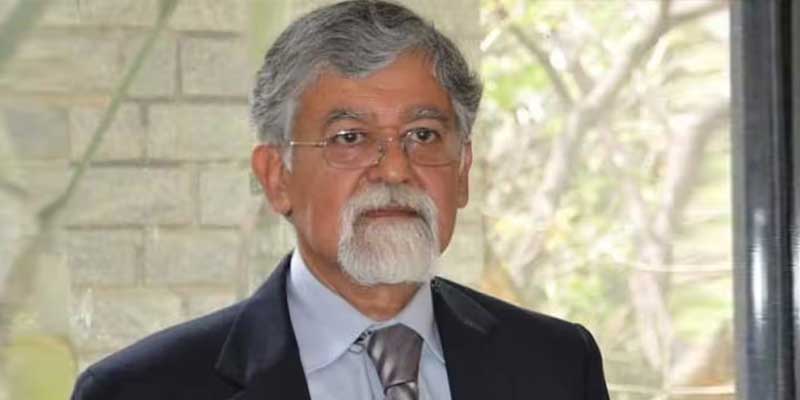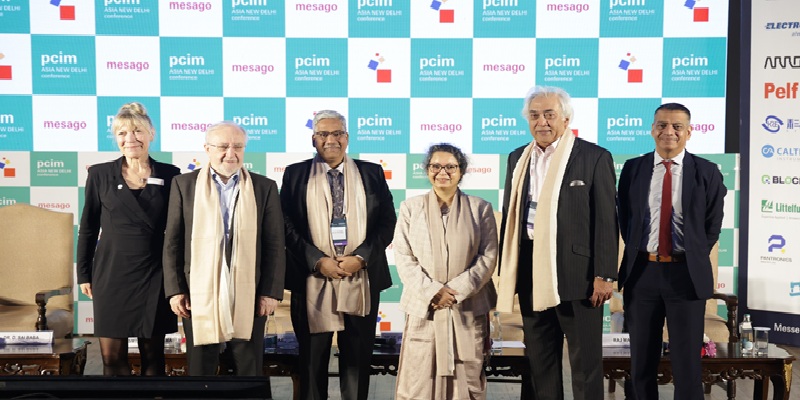Schedule a Call Back
NITI Aayog member advocates adjustments in centre's PLI Scheme
 Industry News
Industry News- Oct 06,23

NITI Aayog member and experienced economist Arvind Virmani emphasised the success of the Centre's production-linked incentive (PLI) scheme in sectors like telecom and electronics. However, he noted the necessity for adjustments and adaptations in various other sectors. Speaking at the National Conference on India's Industrial Transformation in New Delhi, Virmani highlighted the scheme's effectiveness for industries like electronics and telecom, where China dominates over 40% of the global market.
The PLI scheme, with an allocated budget of Rs 1.97 trillion for production-driven incentives across 14 sectors, has prompted discussions within ministries to expand its scope to include more industries. Virmani clarified that the PLI scheme aimed to incentivise achieving the scale of manufacturing seen in countries like China. He emphasised that this approach differed from conventional subsidies, as it aimed to support industries in reaching the minimum efficient scale (MES) for independent competition.
While acknowledging that the PLI scheme might not be flawless, Virmani praised its underlying concept. He highlighted the need for India to become an upper-middle-income country within the next 10-15 years and ultimately transition into a high-income country by 2050, aligning with the Centre's goals. Virmani also emphasised the opportunities arising from demographic shifts in developed nations, India's increasing share in the global working population, the nation's transition from an unskilled labour-intensive economy to a skilled one, supply chain diversification, and the emergence of global economic blocs.
In light of these factors, Virmani advocated for the importance of free trade agreements (FTAs) with developed countries. He stressed that a significant portion of global trade, approximately 60% to two-thirds, occurs through multinational corporation (MNC)-anchored supply chains. Failing to seize these opportunities, according to Virmani, would put India at a competitive disadvantage.
Source: Business Standard
Related Stories

IESA to Launch Vision 2047 Battery Roadmap at IBMSCS 2026
IESA will unveil its Vision 2047 white paper at IBMSCS 2026 in Hyderabad, outlining a strategic roadmap to build a competitive, self-reliant domestic battery ecosystem for India.
Read more
PCIM Asia New Delhi Conference Debuts, Showcases Power Electronics Future
The inaugural PCIM Asia New Delhi Conference brought global experts, policymakers and industry leaders together to discuss high-efficiency power electronics and India’s evolving energy ecosystem.
Read more
India Hosts First PCIM Asia New Delhi Conference to Advance Power Electronics
The inaugural PCIM Asia New Delhi Conference opened to unite global experts to drive India’s next stage of innovation in power electronics.
Read more














